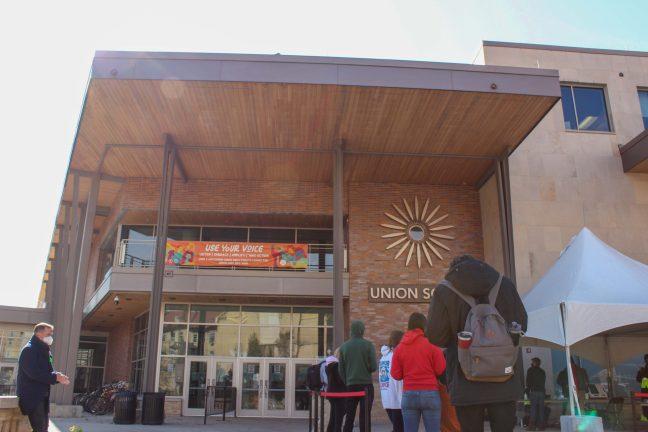The University of Wisconsin will host a Workers’ Fair April 10 from 4 p.m. to 5:30 p.m. in Union South, organized by the Labor Spring Organizing Committee. LSOC is part of a nationwide initiative in support of labor rights that aims to bring educational programming to college campuses, according to their website.
Members of the LSOC were inspired to create a Workers’ Fair as an accessible way for students to engage with and learn about the labor industry, LSOC member and UW student Olivia Ligman said.
“We came up with the idea of a workers-info fair where people, students and community members are able to come learn from specific industry workers or experts in most fields about their daily lives,” Ligman said.
The event will allow attendees to freely walk around and speak to workers at different career stations, rather than having them sit through a lecture, Ligman said. Students can connect with experts — all working in the Madison area — pursuing a variety of professions including teaching, food service, research or healthcare, Ligman said.
The fair may appeal to the undergraduate student population interested in discovering potential careers after graduation. Currently, there is a very competitive job market, so many students may face challenges finding work opportunities, Ligman said.
“A lot of industries are really hard to get into,” Ligman said. “On another hand, the cost of living is skyrocketing and … seeing how people navigate that I think would be helpful.”
Many workers at the fair will have insights into how they handle economic and financial issues in their profession, Ligman said.
Additionally, meeting people from a variety of fields will give students networking connections and the opportunity to build relationships with influential people and industries, Ligman said.
Most undergraduates will need to work sometime after graduation, so it’s important students learn about labor and the workforce before they enter the job market, Ligman said. Attending the Workers’ Fair could help students prepare for their career logistically, financially and mentally, she said.
“Seeing how people are able to function within their workplaces in the economic struggle and livability crisis that we have can be aspirational,” Ligman said. “We as workers have the power to make our circumstances, our wages, our hours, our benefits, our communities better together.”



